Head-To-Head: Samsung Galaxy S8 Plus Vs. Google Pixel XL
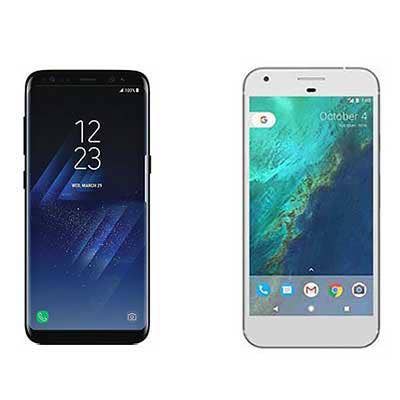
Super Sized Smartphones
As suggested by their names, Samsung's Galaxy S8 Plus and Google's Pixel XL are the large-sized models in their respective Android smartphone lines. But don't call either of them a "phablet:" neither phone feels huge overall, thanks to design decisions to limit the borders around the display. Which of the phones is a better match for you? In the following slides, the CRN Test Center takes a look at how Samsung's Galaxy S8 Plus compares vs. Google's Pixel XL on specs and price.
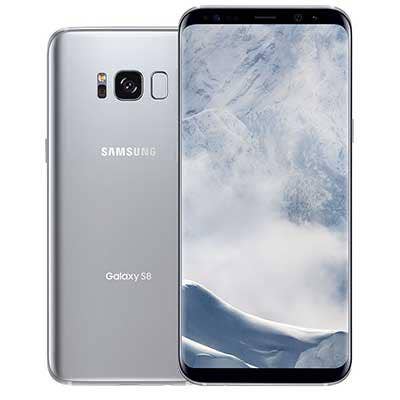
Display
While the two phones come with the largest display size available in their respective device lineups, there's still a big difference between them. The Galaxy S8 Plus measures 6.2 inches, compared with the 5.5 inches of the Pixel XL.
The displays themselves are both terrific, using variations of OLED technology and plenty of pixels. For the Galaxy S8 Plus, Samsung includes a Super AMOLED display with Quad HD+ (2,960 x 1,440) resolution. For the Pixel XL, Google uses an AMOLED display, with resolution of 2,560 x 1,440.
Both displays are curved on the left and right sides. The Pixel XL includes a 2.5D curve, while the Galaxy S8 Plus has a more gradual curve that tapers over the phone's edges.
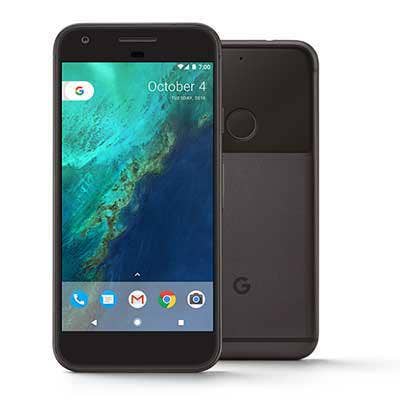
Overall Size
As mentioned, neither device feels huge despite the large display sizes. To pull this off, both Samsung and Google have minimized the bezels on the top and bottom of their displays. Samsung goes further in reducing the bezel, however. The result is that the Galaxy S8 Plus measures just 6.28 x 2.89 inches. The Pixel XL, meanwhile, measures 6.09 x 2.98 inches. All which means that the Galaxy S8 Plus is not much larger overall than the Pixel XL, even though its display space is 13 percent bigger.
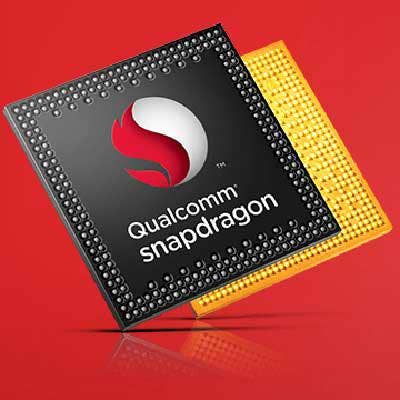
Processor
As the newer device, the Galaxy S8 Plus has the advantage of using the latest Qualcomm processor, the Snapdragon 835. The processor is a bit faster (clock speed of up to 2.45GHz) than the previous-generation chip that's used in the Pixel XL (Snapdragon 821, up to 2.4GHz). But there are other advantages of the Snapdragon 835, too: it's less power-intensive, enabling improved battery life, and it also takes up less space inside the phone (the processor is Qualcomm's first 10-nanometer chip).
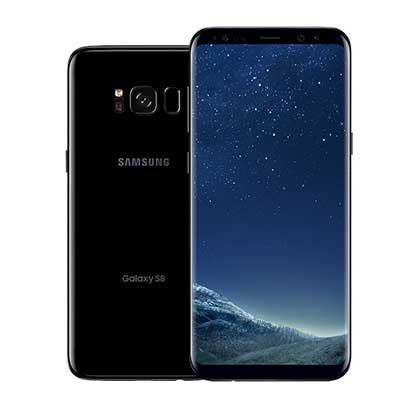
Battery Life
Even with the larger display, the Galaxy S8 Plus promises slightly better battery life than the Pixel XL (the use of the Snapdragon 835 as a processor is probably one reason why). Samsung promises up to 15 hours of battery life over Wi-Fi or 4G for the Galaxy S8 Plus. For the Pixel XL, Google says the battery can provide up to 14 hours of usage over either Wi-Fi or LTE.
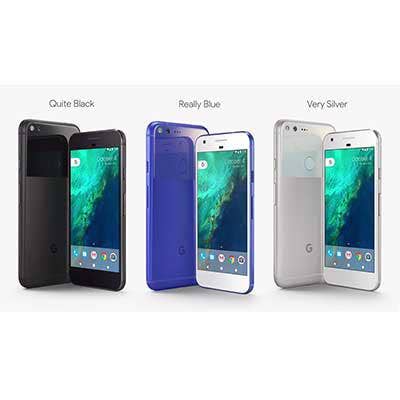
Memory & Storage
Samsung and Google haven't skimped on RAM for their respective devices, with the Galaxy S8 Plus and Pixel XL both coming with 4 GB of RAM.
On storage, the Pixel XL has 32-GB or 128-GB models available. The Galaxy S8 Plus falls in between the two, with 64 GB of storage -- but then device also offers expandable storage, with room for an up to 256-GB microSD card.
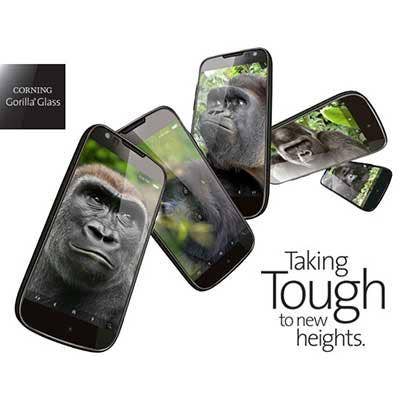
Durability
The Galaxy S8 Plus will be the better bet for any accident-prone users out there. The S8 Plus comes with Gorilla Glass 5, which promises to prevent shattered screens when dropped from up to 5.2 feet. The Pixel XL is not quite as sturdy with its Gorilla Glass 4, which promises drop protection from up to 3.3 feet.
On water resistance, Samsung says the Galaxy S8 Plus will be just fine after 30 minutes spent in water as deep as five feet. The Pixel XL, according to Google, can withstand some rain but may not survive submersion.
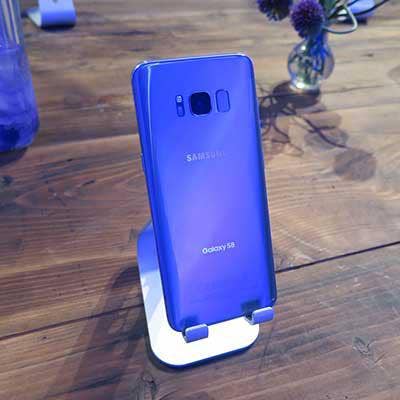
Camera
The Pixel XL rear camera is pretty close on megapixels to the camera on the Galaxy S8 Plus, at 12.3 megapixels compared with 12 megapixels. The S8 Plus comes with dual-pixel camera technology, which compensates for poorly lit situations, while Google said the Pixel XL includes advanced stabilization for better video stability and HDR+ for improved image quality.
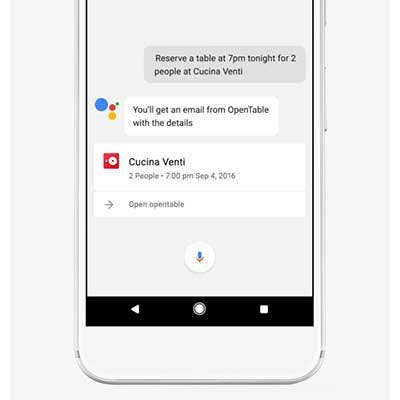
Special Features
The Pixel XL gets points for having the Google Assistant built in. The voice-controlled virtual assistant brings a lot of smarts to handling a range of tasks and answering questions. Samsung has yet to release voice-controlled features for its Bixby, the virtual assistant on the Galaxy S8 and S8 Plus.
The Galaxy S8 Plus has some unique features of its own, though, including biometric authentication through iris scanning and facial recognition. The device can also connect over a special dock, called DeX, which allows it to work with an external display, keyboard and mouse. The result is a Windows-like desktop powered by the phone, where you can use certain Android apps along with virtualized Windows apps.

Price
Neither phone is geared toward affordability -- the Galaxy S8 Plus, in particular, is one of the most expensive smartphones you'll find on the market today (perhaps at least until the iPhone 8 comes out).
The Pixel XL has a starting price of $769, for the model with 32 GB of storage (getting 128 GB of storage will add $100).
Samsung isn't selling its new Galaxy phones unlocked right now, and the price of the Galaxy S8 Plus differs slightly by carrier. U.S. Cellular has the best deal on the phone, at $835, followed by Verizon at $840. AT&T, T-Mobile and Sprint are each putting the price of the Galaxy S8 Plus at $850.